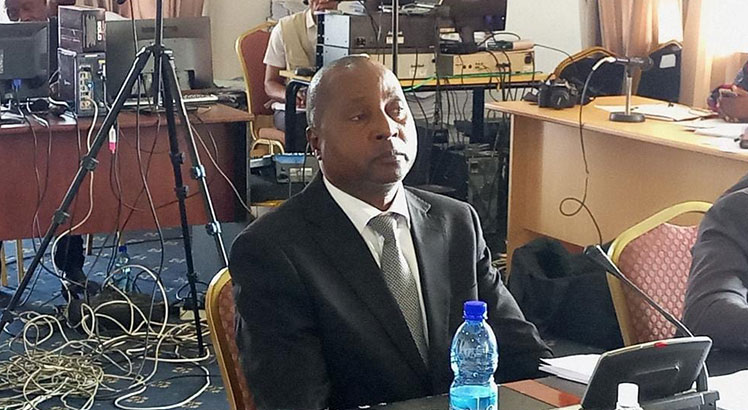4 firms keen to set up fertiliser plant
Smallholder Farmers Fertiliser Revolving Fund of Malawi (SFFRFM) says four international investors have expressed interest to set up a fertiliser manufacturing plant in the country.
However, it has emerged that there are no funds for a feasibility study for the project.
In an interview yesterday, SFFRFM chief executive officer Richard Chikunkhuzeni identified the four investors as Ulrakai of Russia, Mardeen Phosphatess of Saudi Arabia, TBEA of China and NPK/CTEX of Latvia.
He said SFFRFM already identified a consultant to conduct the feasibility study, but there is need for K195 million which SFFRFM is waiting for Treasury to provide.

Said Chikunkhuzeni: “The companies are also waiting for the feasibility study. Without the feasibility study, SFFRFM and the companies that have shown interest cannot start the project.”
In 2018, SFFRFM announced plans to set up a fertiliser manufacturing plant in Blantyre as part of its five-year strategic plan, but there has been inaction on the plan.
SFFRFM said the feasibility study will help establish if it is practical to have the project, how much it will cost to set up the plant, where it should be constructed and whether it is also proper to implement the project.
In an interview, Civil Society Agriculture Network (Cisanet) board chairperson Herbert Chagona said lack of tangible progress in establishing the fertiliser manufacturing plant raises doubts about government’s commitment to the initiative despite the reported interest from international partners.
He said there is a pressing need for the government to demonstrate greater commitment and urgency in advancing the establishment of the fertiliser manufacturing plant to alleviate the financial strain of imports and enhance agricultural sustainability.
Said Chagona: “The involvement of international companies willing to invest highlights the perceived viability of the project, but the government’s inaction suggests a lack of prioritisation or a clear implementation strategy.”
He said a local fertiliser manufacturing plant has the potential economic and agricultural benefits.
In a separate interview, agriculture policy analyst Tamani Nkhono Mvula also said delays in funding the feasibility study shows little commitment to invest in the project.
“By now the country should have conducted the feasibility study,” he said, adding that having a fertiliser plant would help ensure that fertiliser is available at all times and also help reduce logistics cost.
However, Nkhono Mvula observed that there is a need to check if production cost will be lower than those produced internationally.
He also wondered if the country has enough raw materials to sustain production but also if there is enough power to run the plant, stressing a feasibility study is needed to check if it will be practical to produce fertiliser locally.
“Fertiliser is made from petroleum and it is cheaper to produce in countries where petroleum is not an issue,” said Nkhono Mvula.
Meanwhile, Parliamentary Committee on Agriculture chairperson Sameer Suleman has expressed concern that delays in conducting the feasibility study has the potential to scare away the investors.
Malawi Government has been struggling to import fertiliser due to foreign exchange challenges and the rise in the price of the commodity on the global market.
In April 2021, former minister of Agriculture Lobin Lowe said government was engaging SFFRFM and other stakeholders to have the fertiliser manufacturing plant functional by December 2023.
Back in the early 2000s, a Taiwanese firm expressed interest to set up a similar plant, but government abandoned the project after Malawi switched diplomatic ties from Taiwan to China in 2007.





